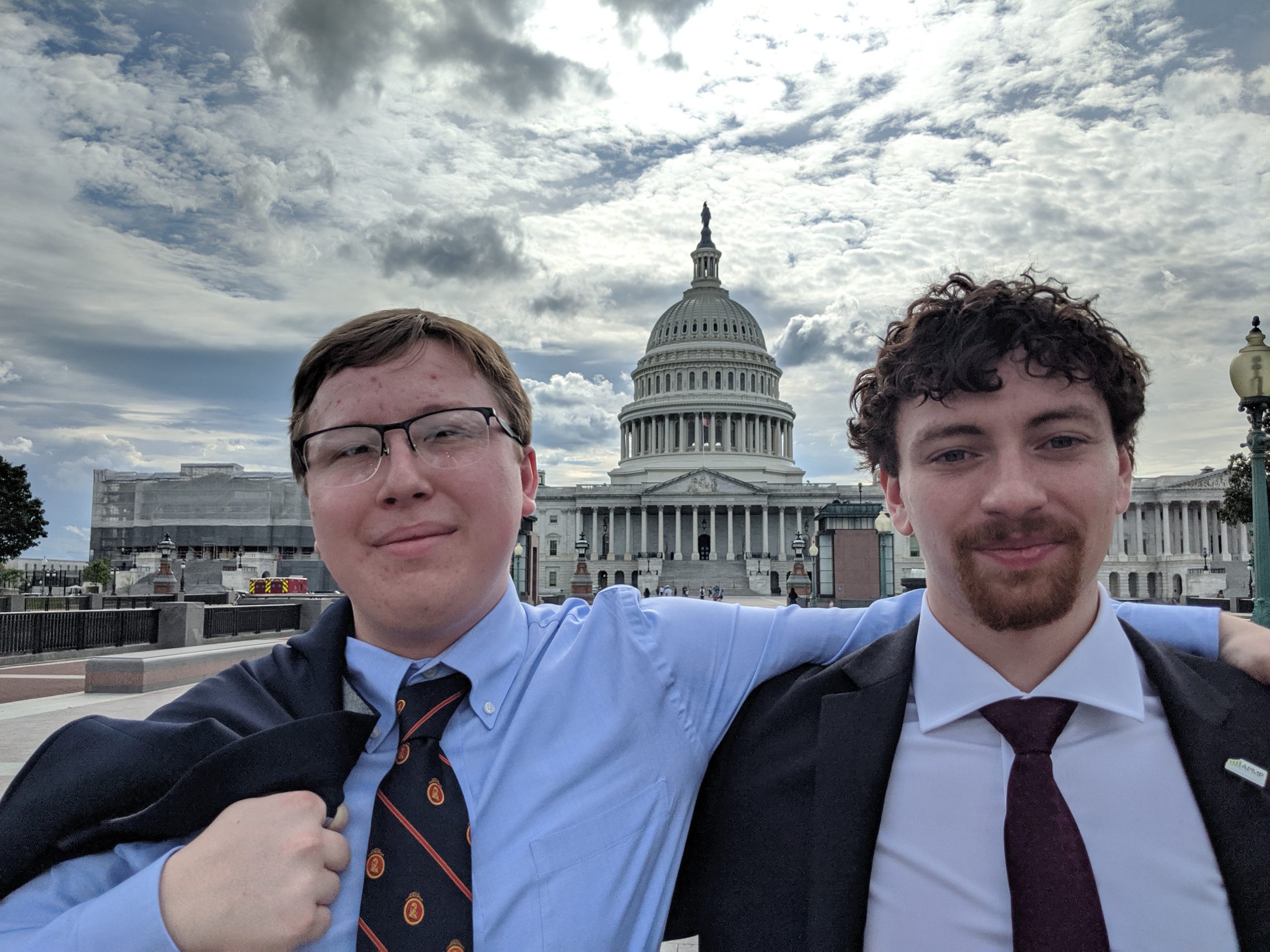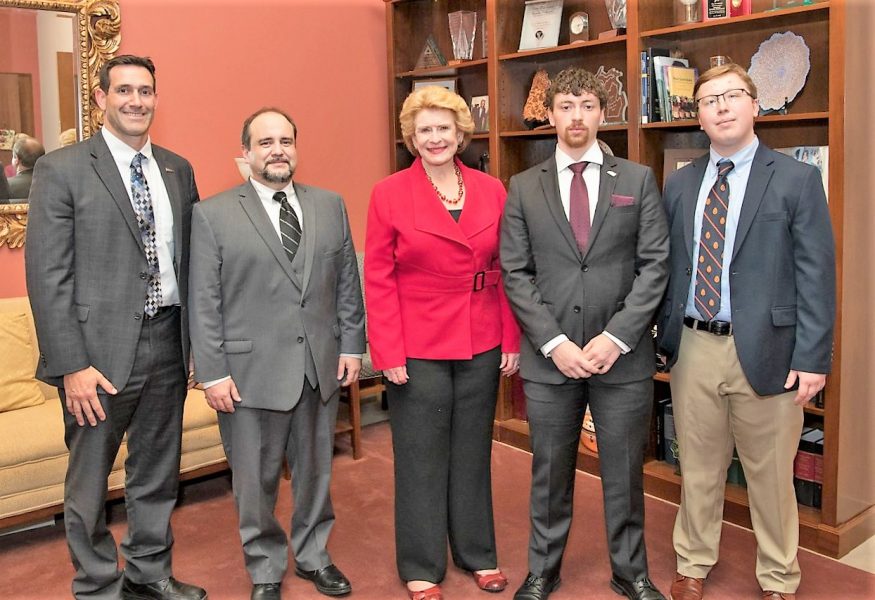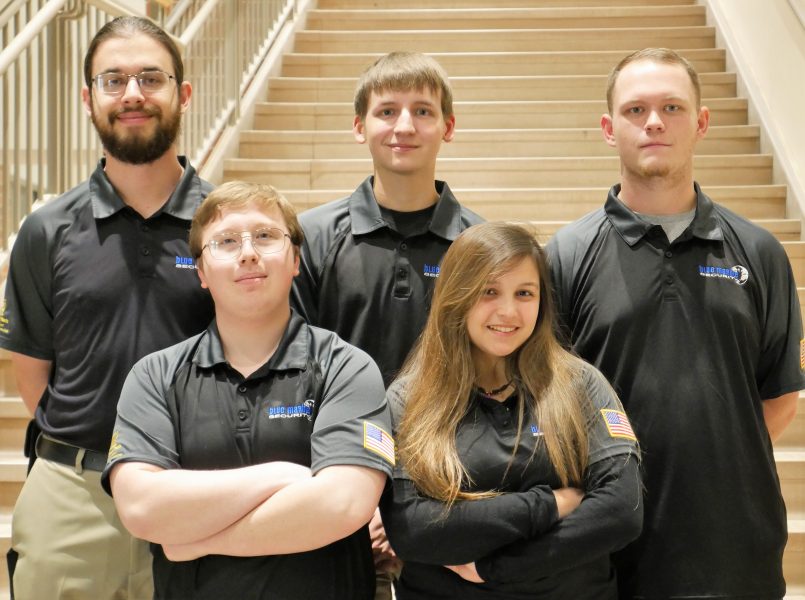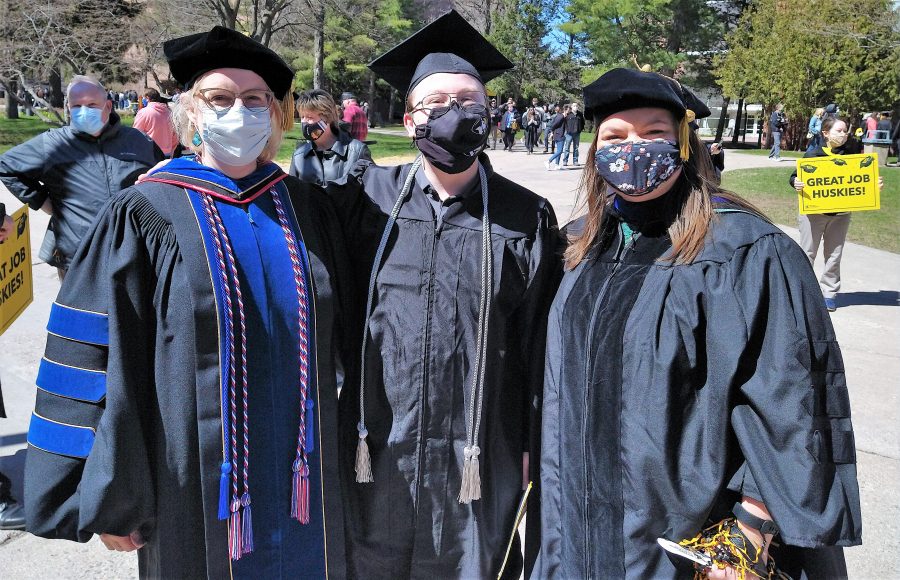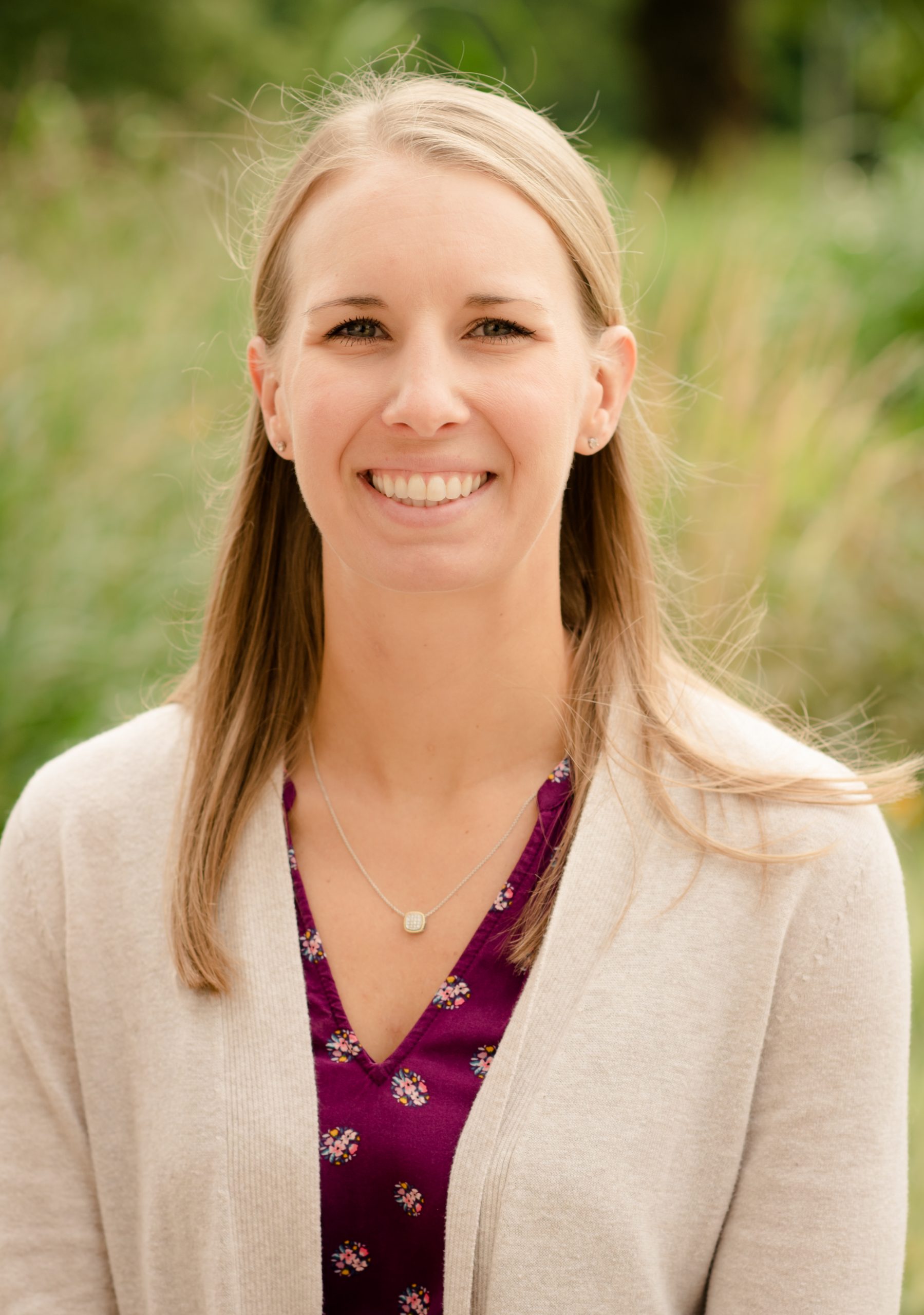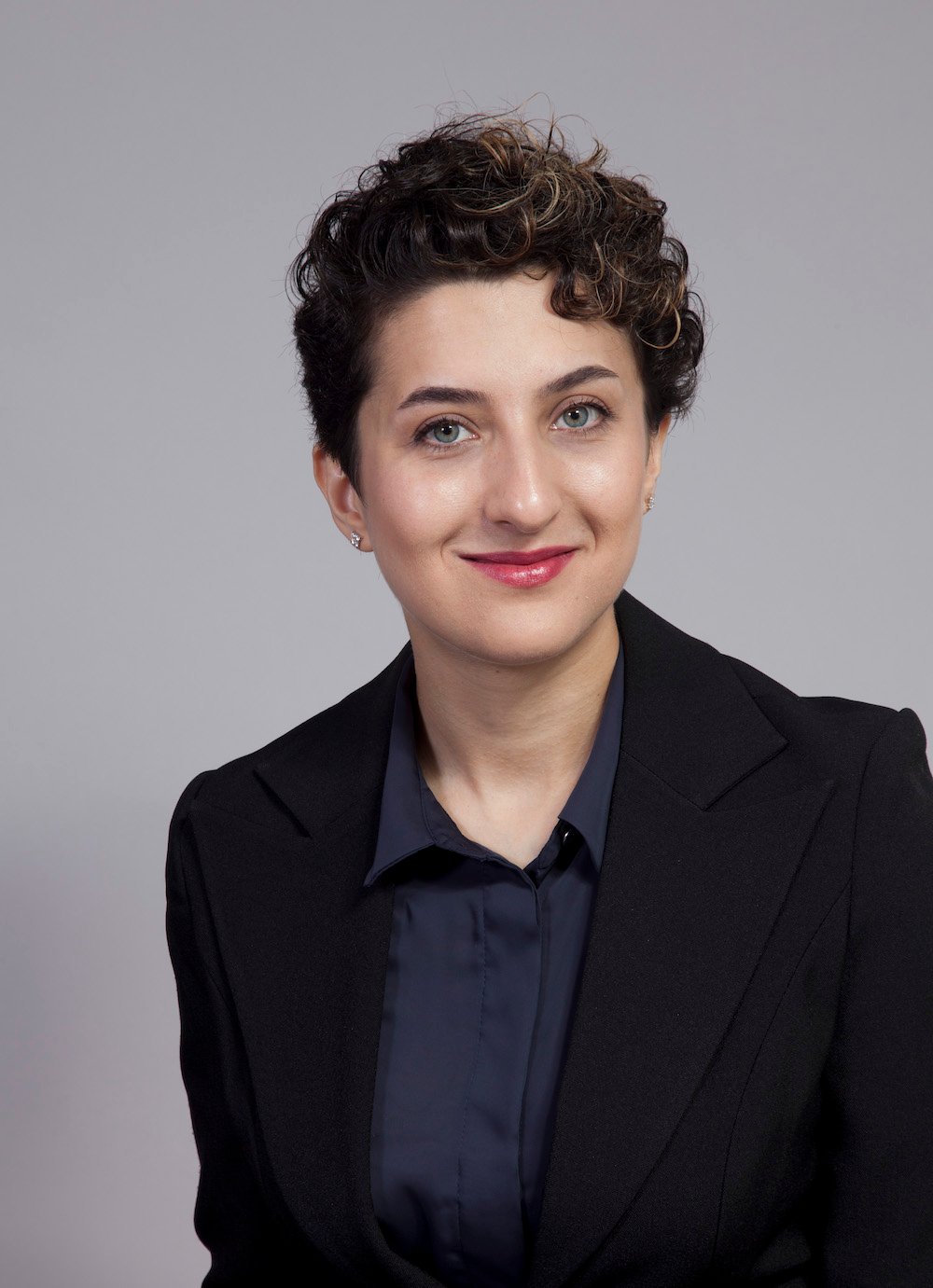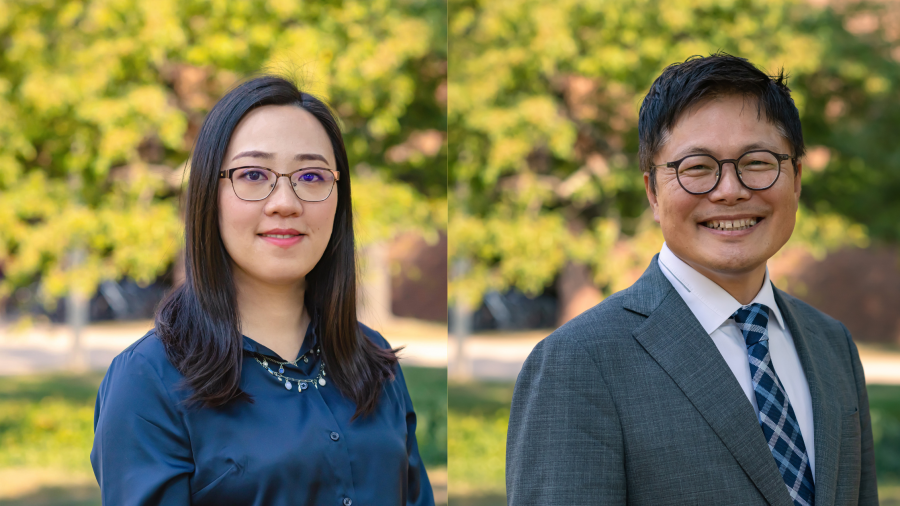
Following a recommendation approved by the Provost and President, the College of Business (COB) is pleased to announce that Jun Dai has been appointed as the Ten Haken Faculty Fellow in Accounting and Finance, and the Ten Haken Faculty Fellow in Business is Junhong Min.
“The College of Business is blessed with excellent faculty,” says Dean Johnson, dean of the College. “As such, a goal of the Ten Haken Faculty Fellows is to rotate these Fellows such that more faculty can be recognized and provided with a boost to their careers.
The COB has a goal of 50 percent of our faculty in funded faculty positions by 2035.
Ten Haken Faculty Fellow in Accounting and Finance
Jun Dai’s most recent accomplishments include lecturing on “Teaching Blockchain to Accounting Students” at the American Institute of Certified Public Accountants (AICPA) Faculty Hour webinar in August, with more than 650 faculty colleagues from around the world in attendance.
Of the appointment, she says: “This offers tremendous support to my career from many perspectives—working with students on course tutors, establishing new student research projects, and traveling to conferences to share outcomes with academia and industry.”
Using the Ten Haken resource to support the local community through a new project that aims to identify social pathology through big data is also a goal for Dai.
Dai, who achieved her Ph.D. at Rutgers University and began at Tech as visiting faculty in 2018, is an assistant professor of accounting. Her research interests lie in applying new technologies such as blockchain, industry 4.0, and data analytics in the auditing profession. Her teaching foci include accounting systems, accounting analytical methods, and business database management. She also serves as the associate editor of the Journal of Emerging Technologies in Accounting and an editorial board member of the Journal of Information Systems.
In July, Dai chaired the 31st Annual Research Workshop on Strategic and Emerging Technologies in Accounting, Auditing, and Tax, held in San Diego.
She received the 2021 American Accounting Association Notable Contributions to Accounting Literature Award for a research article titled “Toward Blockchain-Based Accounting and Assurance.” In it, she explores how blockchain technology could reengineer the existing accounting and auditing procedures to make them more transparent, intelligent, and automated.
Ten Haken Faculty Fellow in Business
Junhong “Jun” Min, led students in a hands-on market research project that, through the study of digital metrics, directly benefited COB’s brand positioning and fall website refresh. As advisor of the American Marketing Association student organization, Min, an associate professor of marketing, mentors students through sales and digital marketing competitions in regional conferences, and hosts networking events with industry experts from leading companies.
“The Ten Haken Fellowship provides new experiential learning opportunities for students, including alumni networking, community service, local marketing internships, and student-led research projects,” Min says.
The fellowship helps bridge the gap between academia and practitioners in the industry.
Min was a finalist for the 2022 Distinguished Teaching Award, a reflection of his expertise and passion for leading hands-on marketing courses—including Principles of Marketing, Marketing Data Analytics, Sales and Sales Technology, and B2B Marketing in a Digital Age. He studies the relationship governance problems that threaten a firm’s long-term success and growth. He has presented potential solutions in a variety of journal publications, including the European Journal of Marketing, Journal of Business Research, and Journal of Business Ethics, as well as national and international conferences such as the American Marketing Association, the Society for Marketing Advances, and the Decision Sciences Institute.
His analysis, conducted with Matt Monte of Houghton-based Monte Consulting, earned the award for best paper at the Society for Marketing Advances conference in Orlando, Florida. Using more than 12,000 ratings and reviews collected from IMDb.com, the pair identified factors causing inconsistencies between online ratings and reviews. Their work aims to contribute to the understanding of sponsorship marketing performance during the COVID-19 pandemic.
Lasting Ten Haken Impact
The Ten Haken Faculty Fellows were established in 2017 through the support of Joyce and Richard Ten Haken, COB accounting alumni. Prior to the appointment of Dai and Min, Jeff Wall, associate professor of management information systems, and Sheila Milligan, associate teaching professor of accounting, fulfilled the roles from 2019 to 2022. “Sincere appreciation is extended to both Sheila and Jeff for their depth of service to the fellowships,” says Johnson. “We look forward to the new endeavors Dr. Dai and Dr. Min establish during their term as Ten Haken Fellows.”
About the College of Business
The Michigan Tech College of Business offers undergraduate majors in accounting, business analytics, construction management, economics, engineering management, finance, management, management information systems, and marketing, as well as a general business option. Graduate degrees include the TechMBA®, a Master of Engineering Management, a Master of Science in Accounting, and a Master of Science in Applied Natural Resource Economics.
